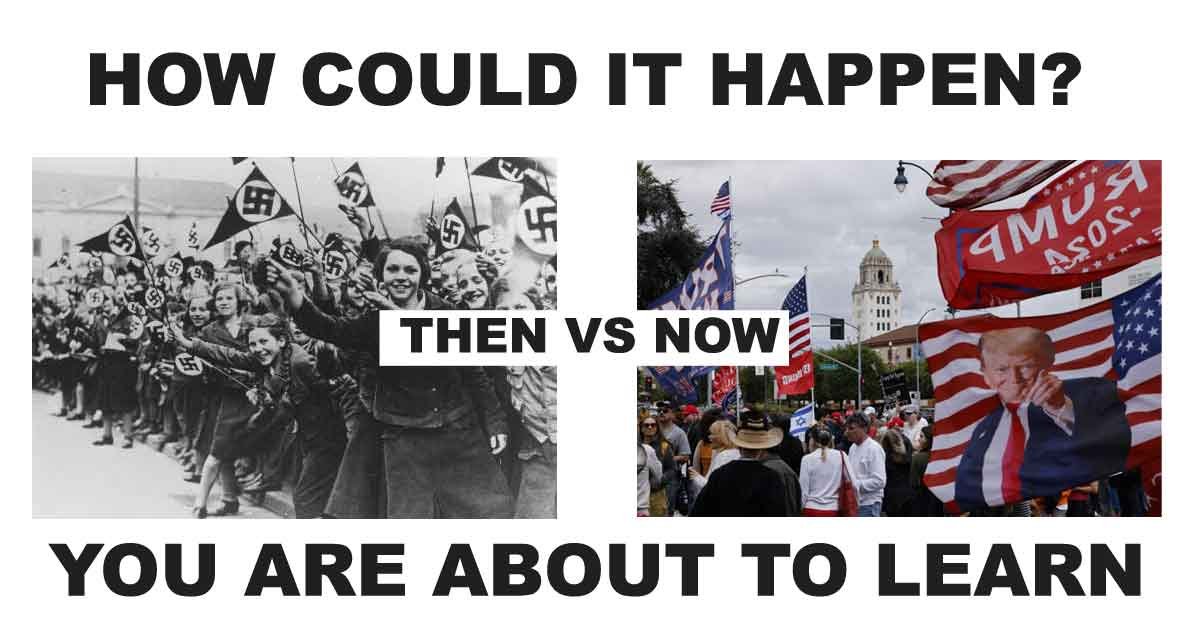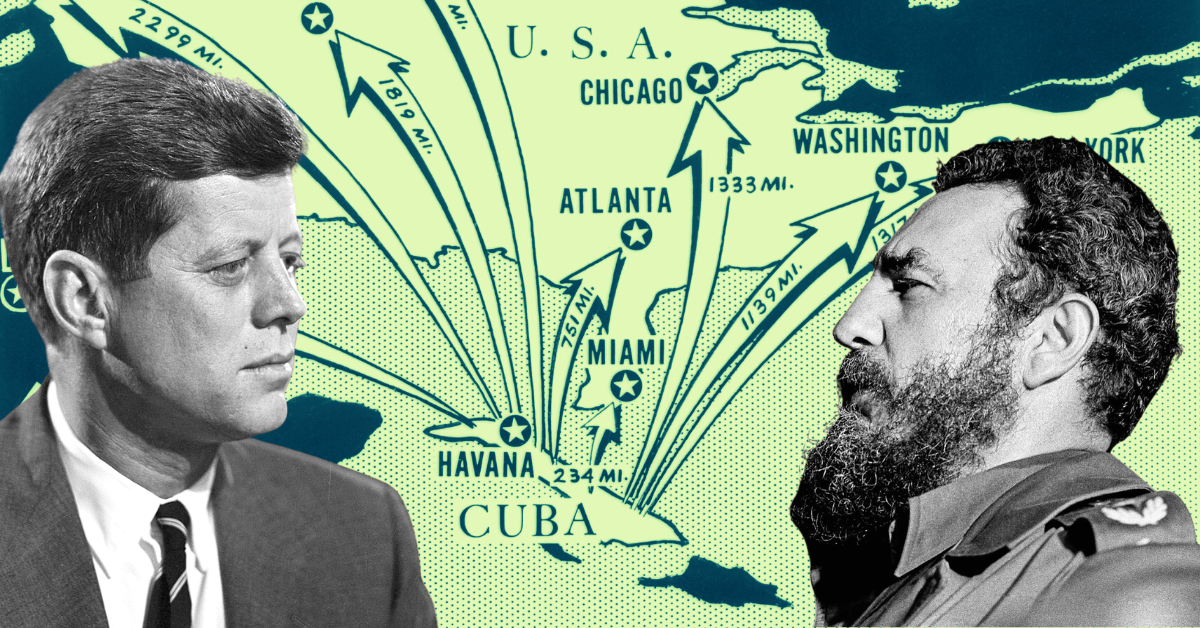The People’s Power: Understanding Lincoln’s Warning About Government and Liberty
By Thomas Salem Moore
Abraham Lincoln once said, “This country, with its institutions, belongs to the people who inhabit it. Whenever they shall grow weary of the existing government, they can exercise their Constitutional right of amending it, or their revolutionary right to dismember it or overthrow it.”
This quote captures the essence of American democracy — the idea that government is not a master, but a servant of the people. Lincoln reminds us that the United States was founded on the principle of popular sovereignty, meaning that political power flows upward from citizens, not downward from rulers. The Constitution, in Lincoln’s view, is not a rigid document written for the government’s protection; it is a living framework designed to protect the people’s freedom and allow them to reform their government when it fails to serve them.
When Lincoln speaks of the “Constitutional right of amending” the government, he refers to the peaceful and lawful means available to every generation: the ballot box, public debate, and the amendment process. These tools are the cornerstone of self-government — they give citizens the power to correct injustices, adapt to new times, and preserve liberty without bloodshed. But Lincoln’s words go even further. By mentioning the “revolutionary right to dismember or overthrow” a government, he acknowledges a moral truth that predates the Constitution itself — that when a government becomes destructive to the rights and welfare of its people, it loses its legitimacy.
Lincoln’s statement is not a call to rebellion; it is a sober reminder of responsibility. The strength of a republic depends on its citizens’ vigilance, courage, and willingness to act when justice and liberty are at stake. To “grow weary” of government is not to abandon it, but to reclaim it — to insist that it once again reflect the will and welfare of the people.
In today’s climate of division and distrust, Lincoln’s words remain as relevant as ever. They remind us that democracy is not self-sustaining; it requires engagement, accountability, and, above all, faith in the people’s ultimate authority. The country belongs to us — and with that ownership comes both the right and the duty to preserve it.




